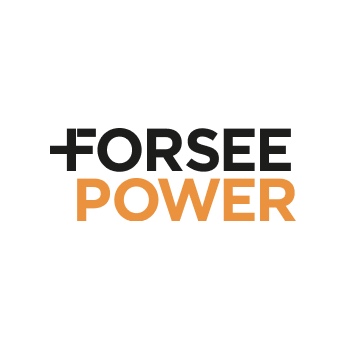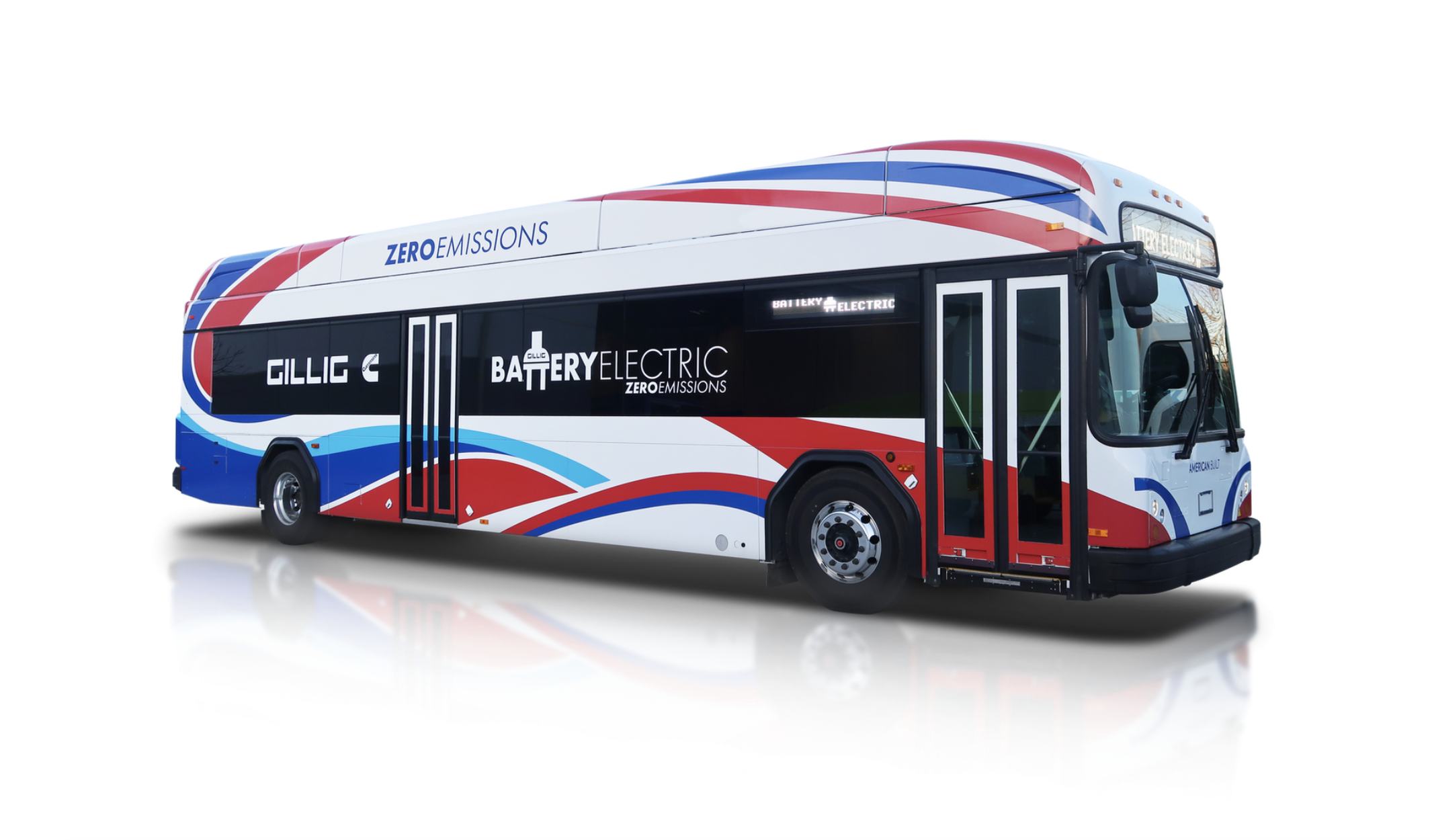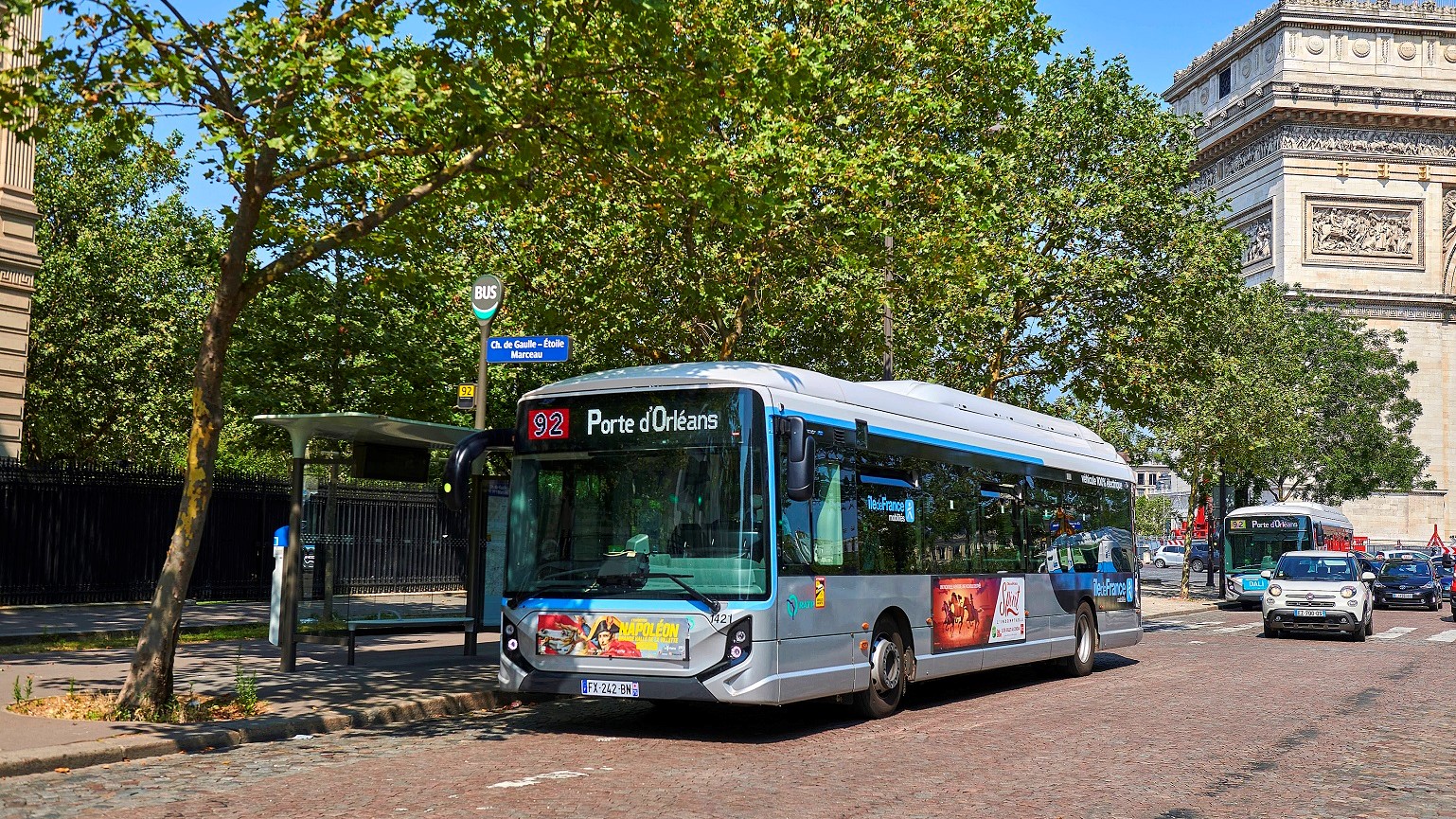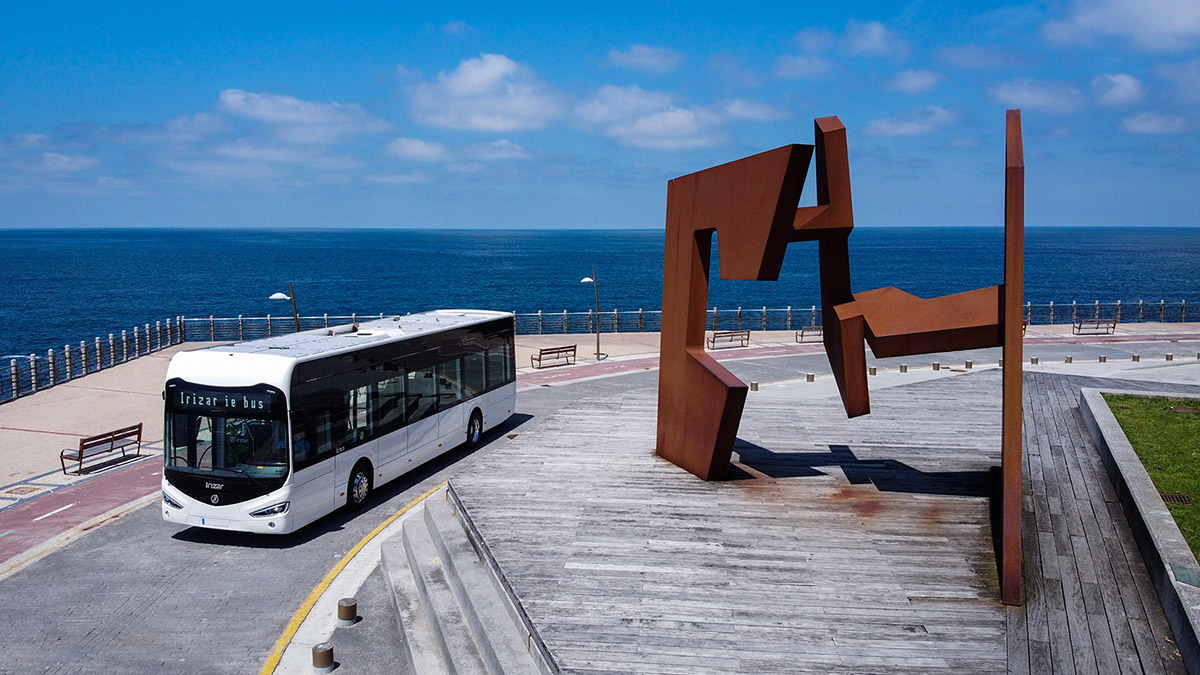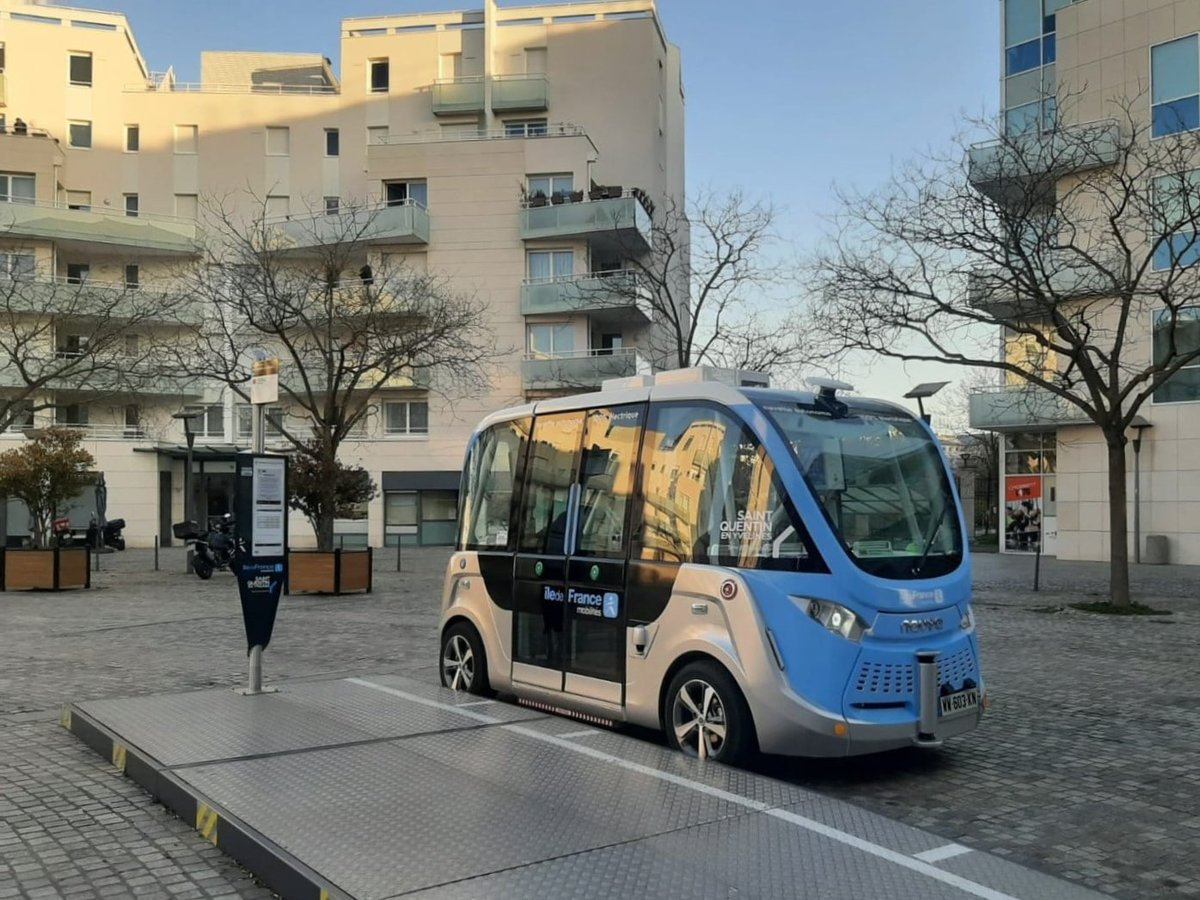IVECO France Renews Its Partnership with Forsee Power to Supply Batteries for Its Electric Buses
Forsee Power (FR0014005SB3 – FORSE), the expert in smart battery systems for sustainable electromobility, announces the renewal of its partnership with IVECO France, a major player in passenger transport with its two brands (IVECO BUS and HEULIEZ). Since 2013, the two industrial companies have been working together to develop zero-emission public transport; more than 600 electric buses operate in Europe.
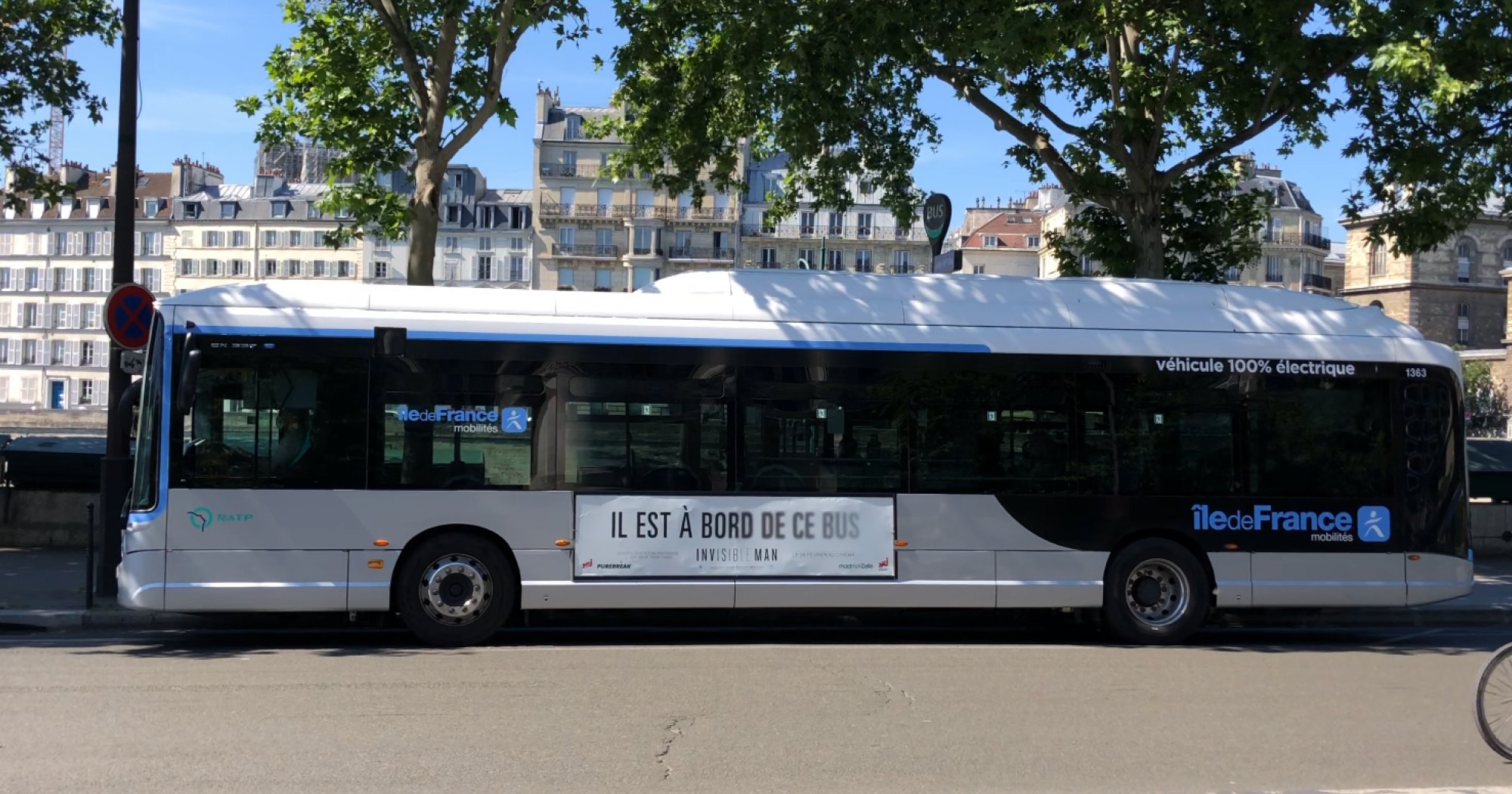
Forsee Power is supplying its new generation of high-energy ZEN 42 batteries, offering an additional 20% energy density, which allows the OEM to offer transport operators up to 300 km of autonomy with a maximum of 460 kWh on board the HEULIEZ GX 337 ELEC model or up to 5 additional passengers for the same autonomy as the previous generation (ZEN 35). They also have the advantage of being perfectly interchangeable.
Part of the high-energy ZEN range, the ZEN 42 is an overnight-charging battery pack for all-electric heavy vehicles. Its very good energy density of 147 Wh/kg allows vehicles to drive all day without being recharged. The ZEN 42 battery pack is a 42 kWh modular system whose mechanical design has been optimized for integration on the roof and at the rear of the bus.
A Partnership since 2013 That Places the Two Industrial Players in Leading Positions in Europe
European leader in battery systems for electric buses, Forsee Power has been equipping GX ELECs since 2013 and supports the manufacturer in the electrification of all its buses in Europe. IVECO France, with its HEULIEZ brand, is today the leader in the electric bus segment in France with a 44% market share. Its buses run in more than 20 French cities.
The various models have also conquered many European cities, including Ingelheim in Germany, Groningen and Utrecht in the Netherlands and Trondheim in Norway.
The manufacturer’s electric range is available in 4 lengths of 9.5 m; 10.7m; 12m and 18m. It is marketed under the name GX ELEC HEULIEZ in France and IVECO E-WAY internationally. Depending on the needs of cities and routes, the buses integrate Forsee Power’s high-power or high-energy technologies to ensure a day of complete autonomy or fast charging on the route.
An autonomy record run, achieved on the initiative of Verkerhrsbetriebe Bachstein, a transport company based in Celle in Germany, was recorded in July 2021 with a 12-meter IVECO E-WAY equipped with Forsee Power batteries. The distance of 543 kilometers traveled in 48 hours on a single charge has been certified by TÜV Nord.
Sustainable Products and Production Close to the Rorthais Assembly Site in France
Since its creation, Forsee Power has been committing to responsible production of its batteries to limit the impact on global warming and make the transition to zero-emission mobility a success.
Its expertise involves the development of innovative, efficient, and sustainable technologies, which support customers and cities in their approach to reducing their carbon footprint. Forsee Power also offers a range of services including financing solutions (battery leasing) and second-life solutions to reuse vehicle batteries into stationary energy storage systems.
Forsee Power produces its battery systems in its factory in Chasseneuil-du-Poitou in France, located just 100 kilometers away from Rorthais, a center of excellence dedicated to electromobility where the manufacturer’s electric buses are assembled.
Christophe Gurtner, CEO and Founder of Forsee Power, explained:Transport is responsible for more than 25% of greenhouse gas emissions. With more than 25 years of expertise in batteries, we know how to develop technologies capable of meeting any need for power and energy while providing a real answer to the challenges of zero-emission mobility. Our product innovation approach is entirely based on eco-design, which establishes objectives for extended life cycles, superior performance and higher safety standards. We are proud to pursue this partnership with a leading OEM like IVECO, to support the decarbonization of public transport in Europe.
This article was originally published by Forsee Power.

